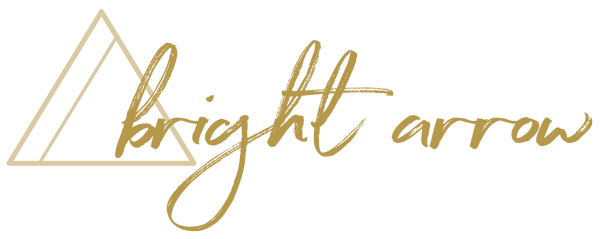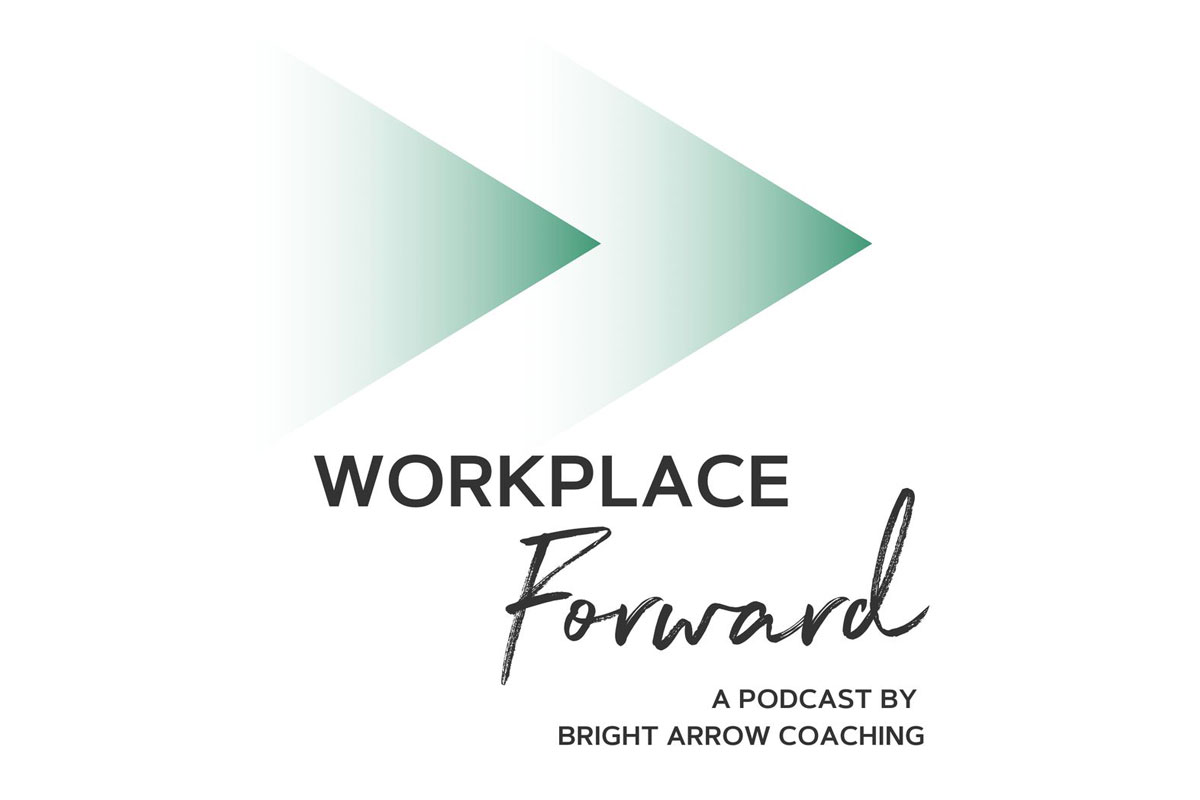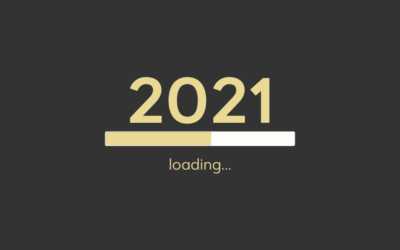What does it mean to be authentic? We hear the word tossed around, but many of us never get to the core of what living an authentic life really means. I am nothing if not authentically me. (Everyone who knows me will tell you that.)
Before attending college, I had the pleasure of being the new kid in school eight out of those thirteen years. The gift in this was it allowed me the opportunity to reinvent myself every year. I was able to try on new things, live deeply into different value systems, and ultimately be able to see—over those many years—what never changed and what stuck. Because what never changed and what stuck was who I truly was.
At some point in your life, you’ve probably asked the question: who am I? We are taught who we are at a young age. We learn values, morals, ethics, systems, rules. We learn not to jump too high or stick our hands near open flames. We learn about risk and reward, hard work, joy, and sadness. And through all of that, we can’t rise without being fully tapped into who we are. But how do we know who we are if we’ve been listening to mixed messages?
At your core, you are an exquisitely unique set of values, beliefs, stories, and experiences, gifted with an inheritance of stereotypes and rules from which you choose what to carry and what to reject. There is nobody on the planet like you. So, why would you try to be anyone else? You were put here to impact your world in the way that only YOU can.
One of the first steps to unlocking your own potential revolves around dropping the comparisons to anyone else. You were never meant to look like, sound like, or have what anyone else has. (No matter what advertising, your parents, your friends, or social media would like you to believe.)
Being anything other than yourself prevents you from reaching your full potential, even if you don’t know what that potential is. Some people know exactly what they want to do as children or adults, and some don’t.
But what you want to do isn’t the real question we should be asking. It’s who do you want to be?
People don’t trust a fake. If you’re trying too hard (or not hard enough), if you’re “faking it” until you make it, if you’re pretending to know, do, or be someone you’re not…eventually, the hustle will catch up to you, and you won’t know who you are. At work, inauthentic leaders have a short shelf-life. I’ve watched blow-hardy, inauthentic leaders come, make a big splash, and watch people fall in love with them. And then, I’ve watched it all unravel shortly thereafter because they’re found out. Their true behaviors, beliefs, and values shine through and the people who so quickly fell in love with them hang it up equally as fast—and out the door that leader goes. It is just not humanly possible to keep up a sophisticated facade like that.
Though we all carry some sort of facade, you can start to peel away those layers and lean into your own potential. By unlocking who you really are, you:
-
- Are more open because you aren’t hiding behind anything (including your fear of being found out, i.e., imposter syndrome)
- Can see more possibilities…the blinders are off when you aren’t so focused on “being” a contrived version of yourself.
- Possess a deeper self-reflection because you aren’t looking at yourself through synthetic filters of who you were “trying” to be.
- Create space for others and listen to really understand and know others because you aren’t having to listen for opportunities to prove yourself or show people who you want them to see.
Need a bit more inspiration? Evaluate your authenticity here, and then step into your real life.









